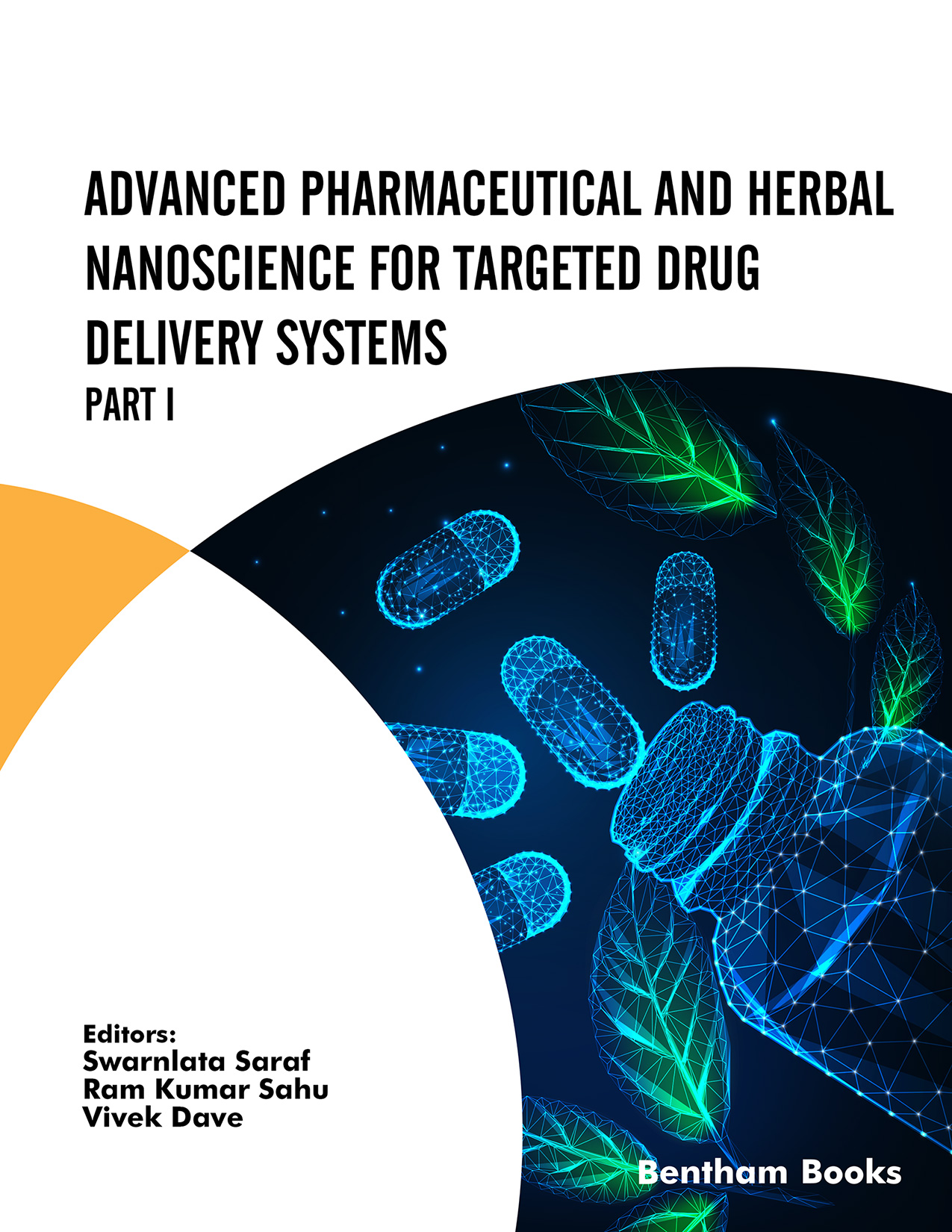Recent Advances in Tumor Targeting Drug Delivery System: Fundamentals of Advanced Pharmaceutical Nanoscience

- Authors: Santosh Fattepur1, Nagaraja Sreeharsha2, Aseem Setia3, Manu Singhai4
-
View Affiliations Hide Affiliations1 School of Pharmacy, Management and Science University, Seksyen 13, 40100 Shah Alam, Selangor, Malaysia 2 Department of Pharmaceutical Sciences, College of Clinical Pharmacy, King Faisal University, Al Ahsa-31982, Saudi Arabia 3 Department of Pharmaceutics, ISF College of Pharmacy, Moga, Punjab-142001, India 4 Department of Pharmaceutics, ISF College of Pharmacy, Moga, Punjab-142001, India
- Source: Advanced Pharmaceutical and Herbal Nanoscience for Targeted Drug Delivery Systems Part I , pp 236-256
- Publication Date: May 2022
- Language: English
Cancer is the second leading cause of death worldwide, with the highest morbidity and mortality rates. It is a heterogeneous disease that can occur in any organ or tissue of the body. The current report of the World Health Organization has demonstrated that approximately 1 crore of the world population is affected by different types of cancer, with leading cases of cancer occurring in an Asian population. Despite this, various pathways and proto-oncogenes are responsible for the progression of cancer. As such, it can affect both sexes. Prostate and breast cancer in men and women account for a significant part of cancer cases, respectively. Molecular targeting agents show a pivotal role in drug delivery. Natural compounds such as curcumin, resveratrol, genistein, and lycopene help heal the cancerous tissue efficiently and do not cause any side effects to the neighbouring cells. Targeting the site-specific portion with natural herbs provides better outcomes for cancer patients. A scientist develops various carrier systems for cancer to deliver the active moieties to the regions of the specific site. Delivery of medicament through carrier systems, such as liposomes, niosomes, dendrimers, solid lipid nanoparticles, and carbon nanotubes, provides better therapeutic outcomes due to its site-specific delivery pattern. Thus, various research for the treatment of cancer are currently ongoing. This chapter highlights an overview of various types of cancer barriers and conceptual information of carrier systems.
-
From This Site
/content/books/9789815036510.chap11dcterms_subject,pub_keyword-contentType:Journal -contentType:Figure -contentType:Table -contentType:SupplementaryData105

